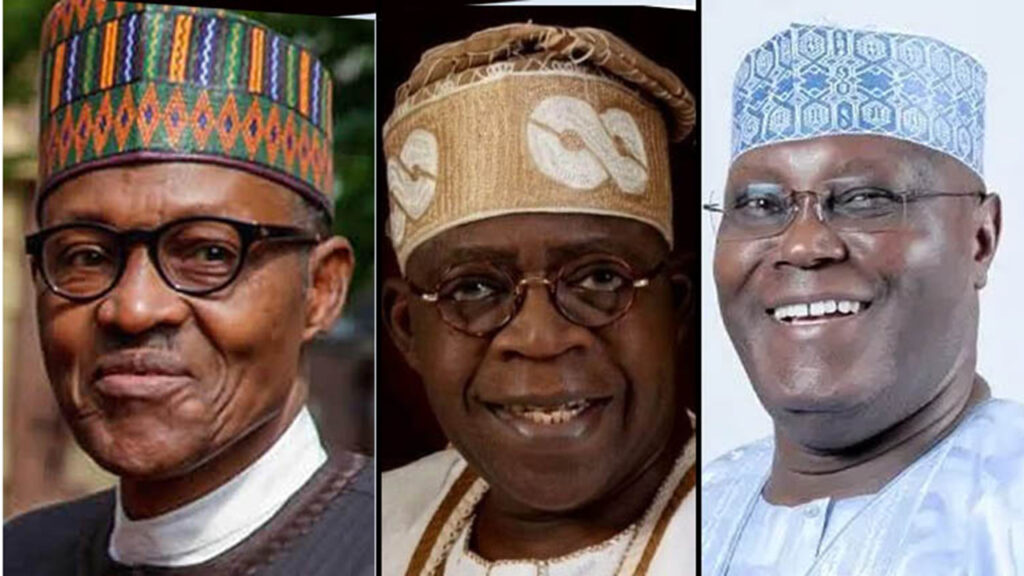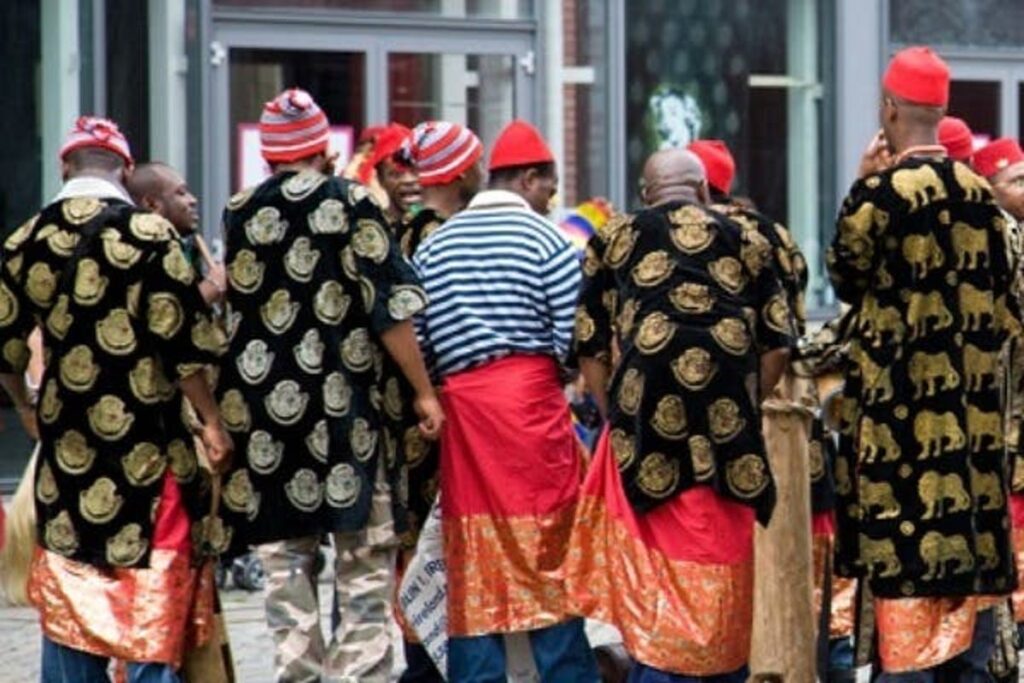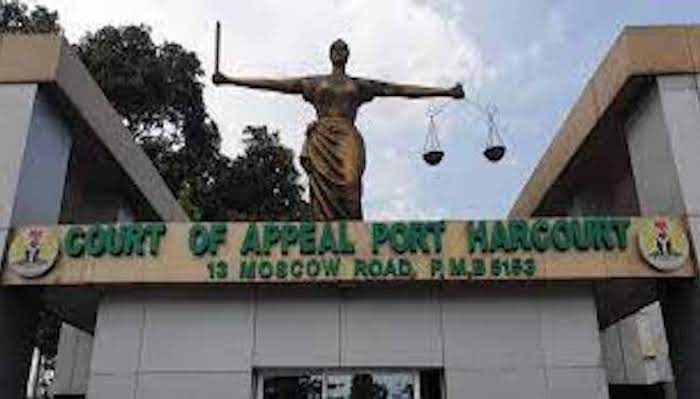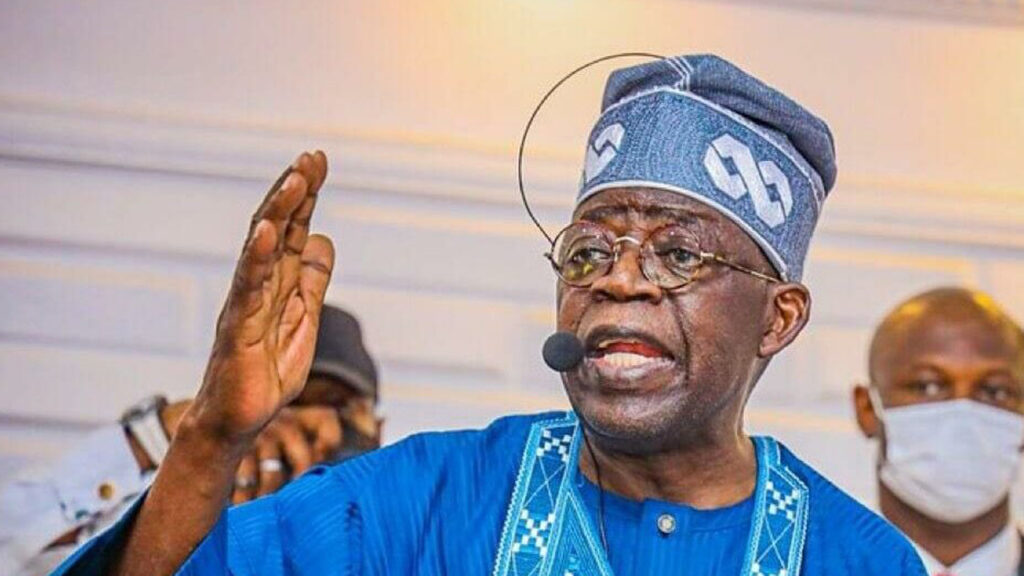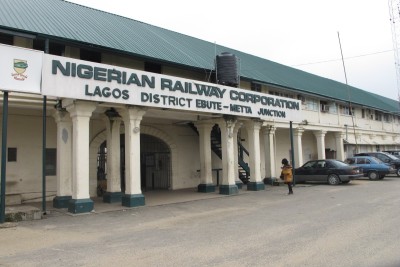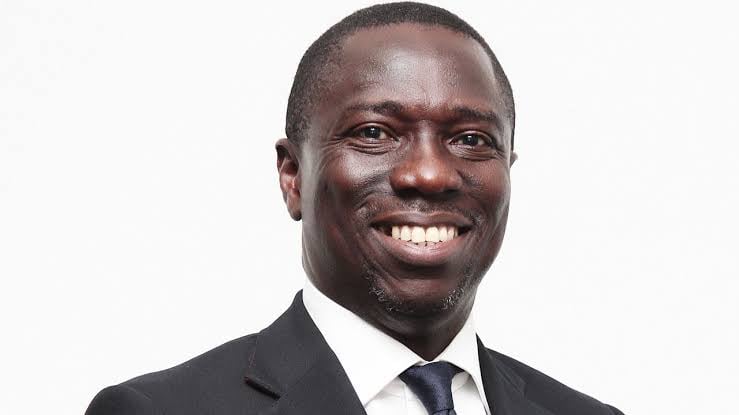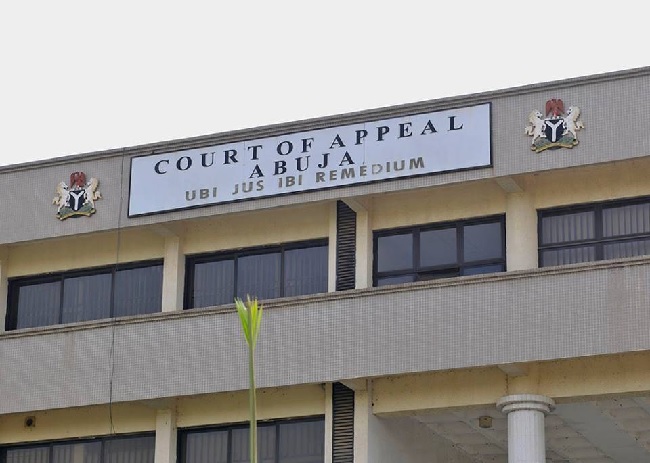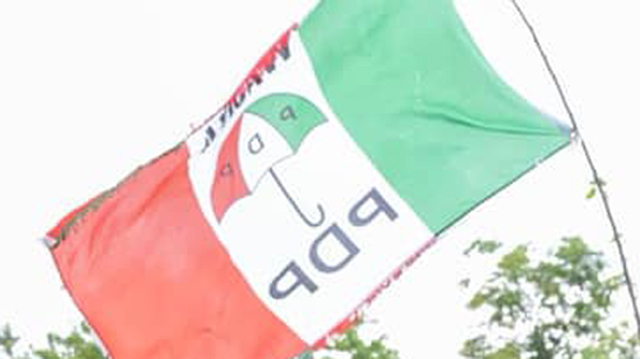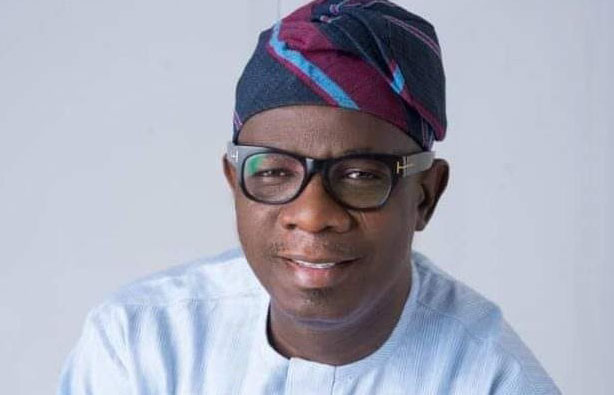
Solutions to multifaceted crises bedeviling Nigeria cannot be left for the government alone. The Bishop of Nike Diocese (Anglican Communion) Enugu State Rt Revd (Dr) Christian Onyeka Onyia in this interview with LAWRENCE NJOKU, called on Civil Society Organisations (CSOs), professional and religious bodies to join hands with the government to end the crises.
Are there things that worry you about Nigeria?
Undoubtedly, there are numerous facets of Nigeria that prompt profound concern and apprehension. The constant loss of lives, displacement of communities, and extensive disruption of daily life for countless Nigerians due to persistent security challenges, including insurgency, banditry, and various forms of violent conflicts across the nation, are deeply distressing. Regrettably, the response to these alarming events often falls short, leaving the citizens in a state of vulnerability and uncertainty. Notably, recent incidents, such as the tragic attacks around Mangu town in Plateau State in January 2024, where at least 43 lives were lost and numerous individuals were injured, underscore the urgent need for comprehensive action.
The state of Nigeria’s economy and the struggle against poverty are issues that weigh heavily on my conscience, especially in my role as a Bishop. The staggering statistic that over 63 per cent (133 million) of Nigerians endure multidimensional poverty, compounded by escalating inflation and a tenuous exchange rate, underscores the pervasive hardship experienced by a significant portion of the population. Access to essentials such as healthcare, education, clean water, adequate sanitation, and basic sustenance is a dire challenge for many.
Furthermore, disparities in wealth distribution, access to economic opportunities, and essential amenities persist across various regions, magnifying the urgency of addressing these disparities.
Moreover, the pressing apprehensions surrounding political stability, governance, transparency, and public administration inefficiencies continue to loom large. The pervasive impact of corruption and the erosion of public trust in government institutions underscore the crucial need for substantial reforms and resolute action to foster a more transparent and efficient governance framework. Furthermore, the prevalence of political tensions and conflicts underscores the imperative of achieving inclusive and effective governance.
In addition, the mounting challenges of environmental sustainability and climate change in Nigeria are part of issues of paramount concern. The depletion of natural resources, erosion, and pollution not only imperil the ecological balance but also jeopardise the livelihoods of countless Nigerians, particularly those in rural areas reliant on agriculture and natural resources. Addressing these environmental issues is essential to safeguarding the well-being of communities and ensuring sustainable development.
In addressing these intricate issues, it is essential to engage in a comprehensive and concerted effort that prioritises the well-being of all Nigerians and seeks to foster sustainable solutions that transcend political, economic, and social divides.
What solutions would you proffer to these issues that you have identified as worrisome?
Addressing the multifaceted challenges I have highlighted in Nigeria demands a collaborative, comprehensive effort involving governmental bodies, civil society organisations, including religious institutions, and the active participation of citizens. Together, we must strive to forge a more secure, prosperous, and sustainable future for all Nigerians.
When it comes to security challenges, it is crucial for governmental entities at every level to reassess the current strategies, which heavily rely on significant financial allocations for arms procurement. Rather than focusing solely on the acquisition of weapons, we should prioritise identifying and mitigating the underlying causes of insecurity. It is imperative to critically examine why, despite substantial government investments in security, Nigeria continues to grapple with pervasive insecurity. Addressing issues such as hunger, poverty, and unemployment is pivotal to significantly reducing insecurity, as the adage goes: “A hungry man is an angry man, and an idle man is the devil’s workshop.”
While acknowledging the importance of bolstering security forces, it is equally vital to concentrate efforts on addressing the root causes of conflicts, including poverty, socioeconomic marginalisation, and limited opportunities. Enhancing coordination among security forces to confront insurgency, banditry, and other forms of violent conflict is essential. In pursuit of sustainable peace, dialogue and reconciliation efforts must be emphasised to foster understanding and harmony among diverse communities and groups.
In tackling the challenges of economic development and poverty, the implementation of policies to foster inclusive economic growth, such as substantial investments in infrastructure, agriculture, and support for small and medium-sized enterprises, becomes paramount. Additionally, efforts to expand access to quality education and healthcare, particularly in underserved regions, must be intensified to empower individuals and diminish poverty. Moreover, the promotion of job creation and entrepreneurship through enabling policies and investments in skills development programs is indispensable.
Nigeria’s persistently high ranking among the world’s most corrupt nations is deeply troubling. While acknowledging the renewed commitment of the President and the Economic and Financial Crimes Commission (EFCC) in the fight against corruption, there is a pressing need to amplify anti-corruption measures and champion transparency within public institutions through vigorous enforcement of existing laws and regulations. Upholding a culture of transparency, accountability, and good governance is pivotal to fostering national unity and consensus-building.
It is undeniable that a significant portion of Nigeria’s security and environmental sustainability challenges are rooted in the impacts of climate change. Therefore, it is imperative for Nigeria to demonstrate unwavering commitment, going beyond rhetoric, in the enactment of policies and implementation of initiatives aimed at mitigating deforestation, soil erosion, and pollution. This encompasses advocating sustainable land use practices and fostering the adoption of renewable energy sources. Such endeavors necessitate substantial investment in climate-resilient infrastructure and the dissemination of information about climate change adaptation strategies at the grassroots level.
Effectively addressing these issues requires a confluence of political resolve, strategic resource allocation, adept governance, and the active engagement of civil society. Collaborative efforts among the government, private sector, and international partners will be pivotal in the successful execution of these strategies. Furthermore, cultivating a culture of constructive dialogue, inclusivity, and a steadfast commitment to human rights will be pivotal in fashioning a cohesive and thriving society. As Nigeria endeavors to confront these challenges, harnessing the potential of its diverse population and abundant resources will be crucial to attaining sustainable development and fostering prosperity for all its citizens.
What can you say about recent judgments of the Supreme Court that returned all the governors that emerged from the 2023 general elections?
The assessment of the fairness and justice of a court decision is a subjective matter that involves legal, ethical, and contextual considerations. Such assessments are often made by legal experts, scholars, and individuals directly affected by the decision. However, it is essential to note that fair and just decisions in the judicial context are expected to adhere to established legal principles, procedural due process, and the impartial application of the law.
Furthermore, in considering the broader implications of court decisions, it is crucial to evaluate their alignment with constitutional provisions, human rights considerations, and the pursuit of justice within the societal and political context.
As a neutral and unbiased person, I can only provide information on the principles that underpin fair and just legal processes, along with the factors that contribute to their assessment. In the broader context, there is a palpable sense of unease among Nigerians regarding certain court rulings on the 2023 elections. The implications of these decisions have sparked concerns over the integrity of Nigeria’s judiciary and have drawn significant attention. It is my considered opinion that a proactive approach should be taken, whereby all electoral disputes are resolved through judicial proceedings prior to the inauguration of elected officials. This initiative would serve to prevent any semblance of undue influence on the judiciary and allow elected leaders to focus on their responsibilities without the distraction and financial burden of protracted legal battles.
It is essential to underscore the pivotal role that an independent and credible judiciary plays in upholding the rule of law and ensuring the equitable administration of justice. Decisions rendered by the judiciary, including those by the Supreme Court, are paramount in safeguarding the legitimacy of electoral processes and addressing any infractions or irregularities that may have occurred during elections. The judicial process must exemplify adherence to legal tenets, transparency, and the impartial application of the law, particularly in matters concerning electoral disputes. Preserving the credibility of electoral outcomes is integral to fostering public trust in governance and the democratic system.
In instances where apprehensions emerge regarding electoral improprieties, it is imperative that legal procedures provide avenues for comprehensive investigations, transparent proceedings, and the equitable adjudication of disputes. Upholding the principles of justice, fairness, and due process is essential in ensuring that electoral controversies are resolved in a manner that upholds the principles of the rule of law and instills public confidence in the electoral process.
Ultimately, the preservation of the integrity of the electoral process demands the collaborative commitment of all stakeholders, including the judiciary, electoral bodies, political entities, and civil society. Through concerted efforts, it is imperative to uphold the sanctity of the electoral process and ensure the conduct of free, fair, and credible elections. Collaboration among stakeholders is essential in restoring public trust and confidence in the electoral process.
There are calls for a new constitution for Nigeria. What do you think about the issue?
The advocacy for a new constitution for Nigeria is deeply rooted in the evolving socio-political landscape and the dynamic aspirations of the nation’s diverse population. Since its adoption in 1999, the existing Nigerian Constitution has been a subject of substantial discourse and scrutiny. Numerous stakeholders have raised valid concerns regarding its ability to effectively address contemporary challenges and foster inclusive governance.
Proponents of a new constitution posit that the current document inadequately reflects the collective aspirations of all Nigerians and might not comprehensively tackle crucial topics such as federalism, resource allocation and management, human rights, and the delineation of powers between the federal and state governments. Moreover, doubts linger about the efficacy of the current constitution in championing good governance, transparency, and accountability. Advocates argue that a new constitution could redress historical grievances, champion social justice, and safeguard fundamental rights for all citizens.
Nevertheless, the process of formulating and enacting a new constitution is intricate and multilayered. It demands meticulous consideration of the nation’s historical backdrop, cultural diversity, political dynamics, and the evolving needs of its populace. Constitutional reform in Nigeria must also grapple with the equilibrium of power among diverse branches of government – be it the legislature, executive, or judiciary – to establish checks and balances and mitigate the concentration of authority within any single institution.
Additionally, there is a compelling need to deliberate on the role of subnational governments (the State, local governments and the traditional institutions) and their effective participation in the federal system, particularly pertaining to resource allocation, local governance, and regional advancement. The call for a new constitution underscores a broader conversation about governance structures, resource distribution, and the protection of human rights in Nigeria.
Any constitutional reform endeavor must be approached with utmost consideration of the varied perspectives and necessities of all Nigerians, alongside a resolute dedication to upholding the principles of democracy, rule of law, and social equity. However, a critical concern lies in ensuring that the people uphold and respect the provisions of the constitution. It is disheartening to witness the flagrant abuse of our constitution by those who have sworn to protect and govern the nation in accordance with its principles since 1999. This endeavor requires thorough consideration of the legal, political, social, and cultural implications, underscoring our commitment to advancing democratic governance, human rights, and sustainable development.


